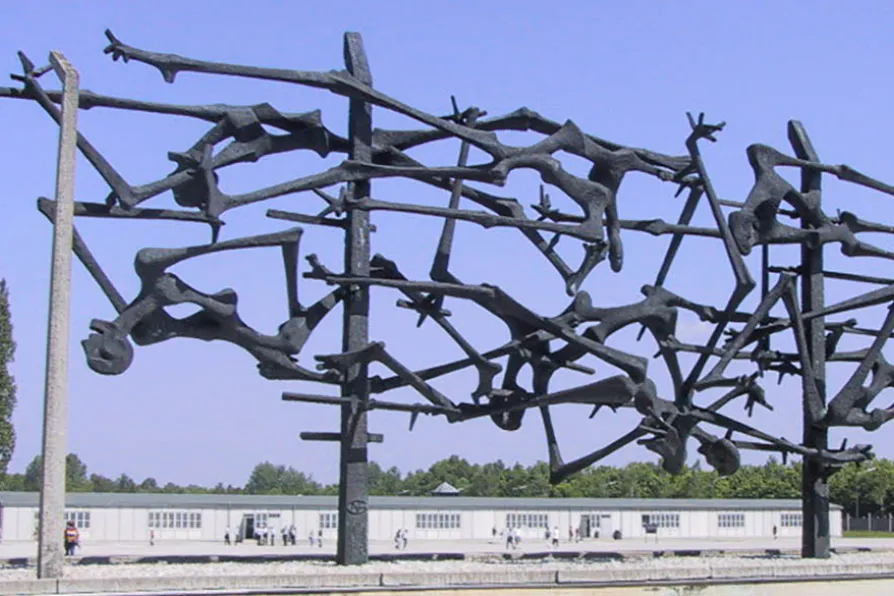JOHN GREEN, MARIA DUARTE and ANGUS REID review Fukushima: A Nuclear Nightmare, Man on the Run, If I Had Legs I’d Kick You, and Cold Storage

 The Dachau concentration camp memorial by Yugoslav sculptor and Holocaust survivor Nandor Glid
[Galvin/flickr/Creative Commons]
The Dachau concentration camp memorial by Yugoslav sculptor and Holocaust survivor Nandor Glid
[Galvin/flickr/Creative Commons]
ON SATURDAY January 27 1945 — 76 years ago tomorrow — the Nazi concentration camp of Auschwitz, in Nazi-occupied Poland, was liberated by the Soviet army.
There were 27 main concentration camps set up by the Nazi regime and in them over 1.6 million people were incarcerated and many exterminated. The inmates comprised those who didn’t conform to the Nazi concept of humanity: Jews, gypsies, homosexuals, communists, socialists, trade unionists and those with disabilities. The nazi programme of mass killing of ‘undesirables’ was the world’s most comprehensive and devastating attempt to establish an elite race of supermen and women.
Only belatedly, decades after the war’s end, did the former West German state erect any monuments at all to the victims of fascism. Up until 1995 there was no official research into the history of the concentration camps. This was hardly surprising, as many former Nazis were soon reoccupying their former posts in West Germany even before the flames of war had been extinguished.

JOHN GREEN observes how Berlin’s transformation from socialist aspiration to imperial nostalgia mirrors Germany’s dangerous trajectory under Chancellor Merz — a BlackRock millionaire and anti-communist preparing for a new war with Russia

The obfuscation of Nazism’s capitalist roots has seen imperialism redeploy fascism again and again — from the killing fields of Guatemala to the war in Ukraine, writes PAWEL WARGAN











